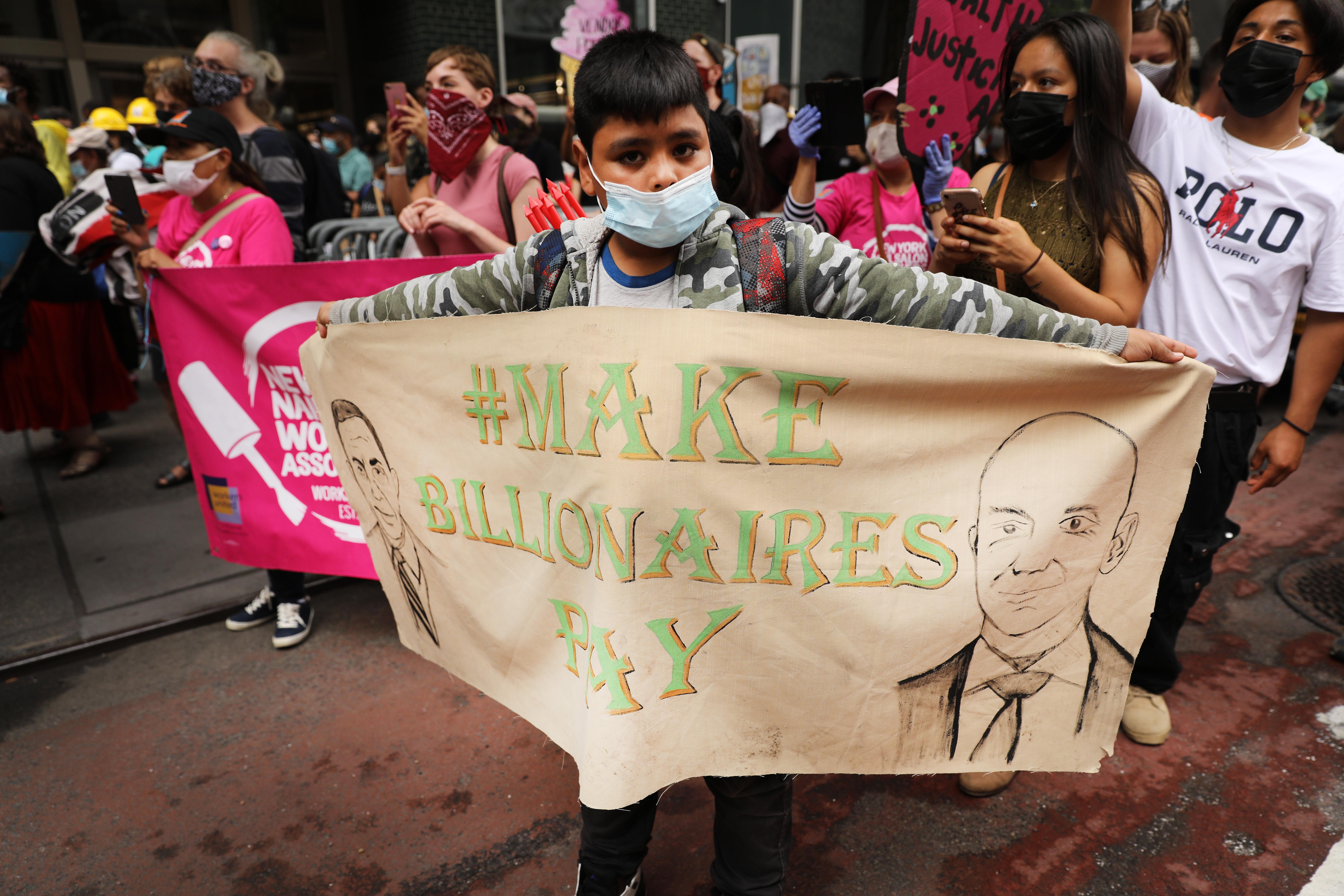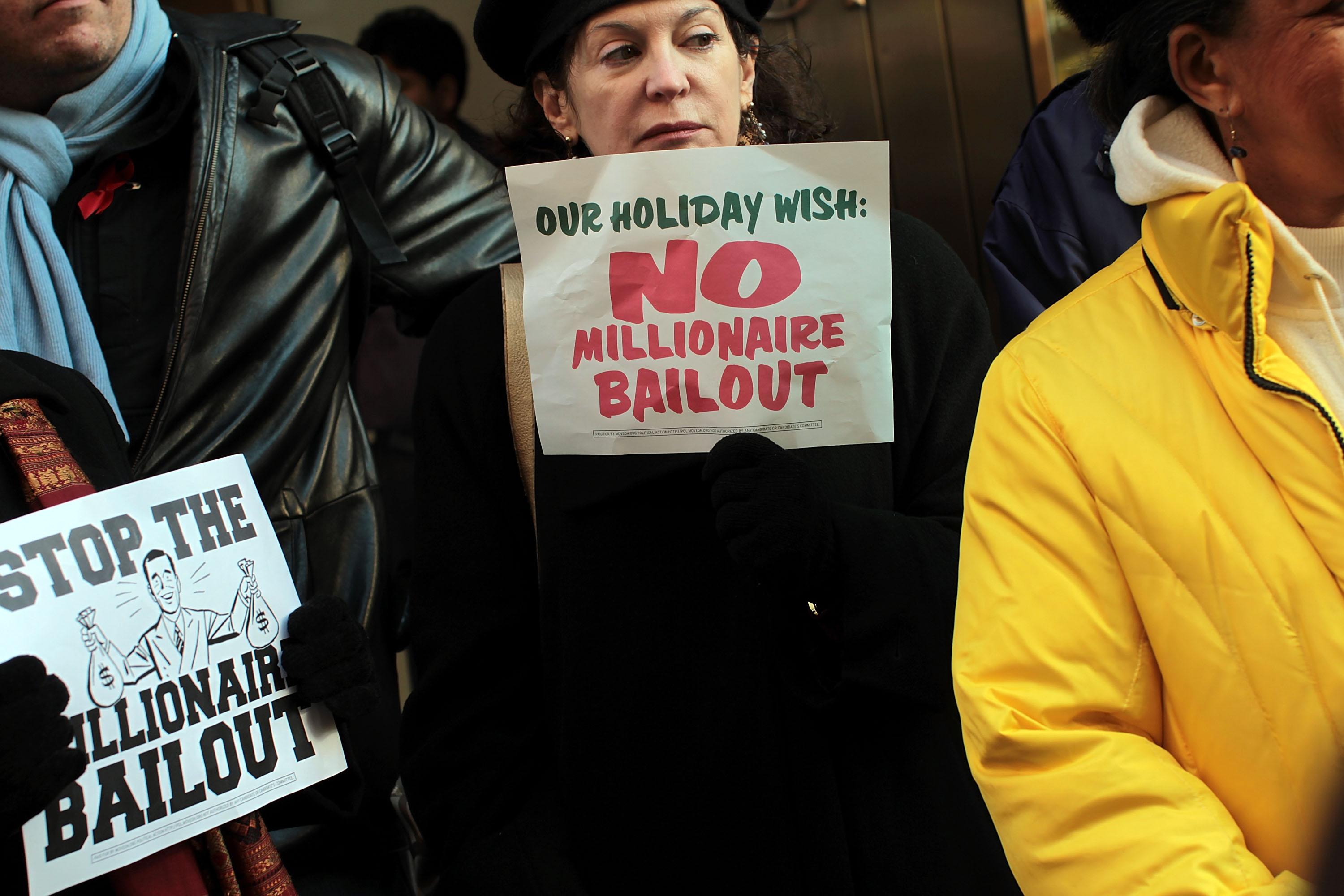Here’s Why and How Billionaires Pay Less Tax
Amid the world's widening wealth inequality, the debate is now focusing on how much the rich pay in taxes and whether they’re playing fair.
Sept. 27 2021, Published 6:12 a.m. ET

Former president Donald Trump had a problem with the tax code and overhauled it in 2017. President Biden also feels the tax code needs revision. The neverending tax debate is now centered on how much the rich pay in taxes.
America has many wealthy people, including Jeff Bezos, Elon Musk, Bill Gates, and Mark Zuckerberg. Amid the worsening income inequality, many have wondered whether the rich pay their fair share of the tax.
How much do the rich get taxed?
Every year, Americans have a date with the taxman and have to file their tax returns. Those who paid excess can claim a tax refund, which they could then spend on living expenses or invest in stocks and cryptocurrencies.

There is a saying that to whom much is given, much is required. In America, the tax system is designed so that the more money you make, the more you need to pay in taxes. It should be fair, but many feel the system isn't.
The IRS taxes both the money you make from salaries or wages and profits from investments. Earnings from jobs are currently taxed at between 10 and 37 percent. Capital gains or profit from investments are taxed at a maximum rate of 20 percent.
Taxes also apply to companies. The Trump administration lowered the corporate tax rate to 21 from 35 percent and reduced the tax on corporations’ foreign earnings. The tax cut encouraged companies like Apple to increase their investments in the U.S. and distribute more money to shareholders through dividends and stock repurchases.
How much do the rich pay in taxes?
It would appear that a tax system where liability increases as income goes up would result in the rich paying more to the IRS. But it doesn’t always work that way, at least according to recent findings.
A recent ProPublica investigative report found that in 2007 and 2011, Amazon founder Jeff Bezos paid no federal income tax, Tesla and SpaceX CEO Elon Musk paid no federal income tax in 2018, and for three consecutive years, billionaire George Soros paid zero federal income tax.
A White House analysis has shown that the wealthiest Americans have been paying less tax. The analysts found that between 2010 and 2018, the average tax rate for the richest families in America was only 8.2 percent. Yet in 2018, the average American’s tax rate was more than 13 percent, according to the Tax Foundation.
Why do billionaires pay less tax?
There are tax maneuvers that the wealthy can apply to minimize their exposure to the IRS legally. For example, for the top earners, the tax rate on income from jobs is higher than the rate on profit from investments. Therefore, the rich can keep their effective tax rate low by arranging for the bulk of their money to come from investments rather than salaries or wages. Charitable donations can also provide an avenue for billionaires to lower their tax liability.
Another tax advantage for the rich lies in inheritances. If you’ve accumulated huge investments in stocks or other assets and pass them on to your heirs, the inherited capital gains are currently tax-free. Therefore, billionaire families can minimize their tax liabilities over generations.
